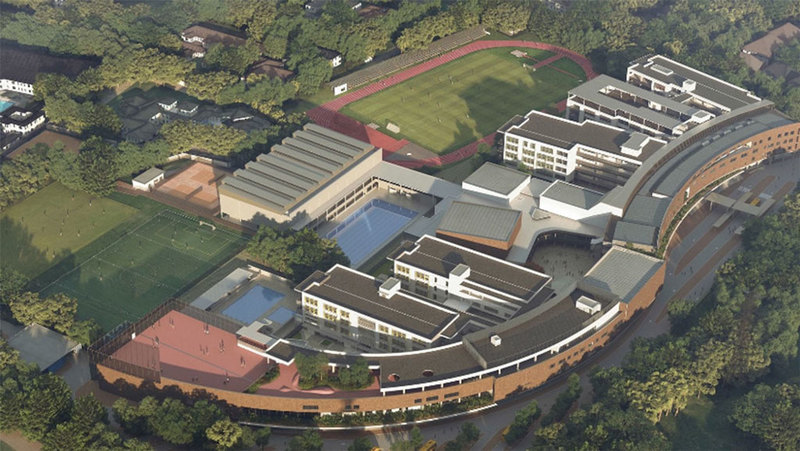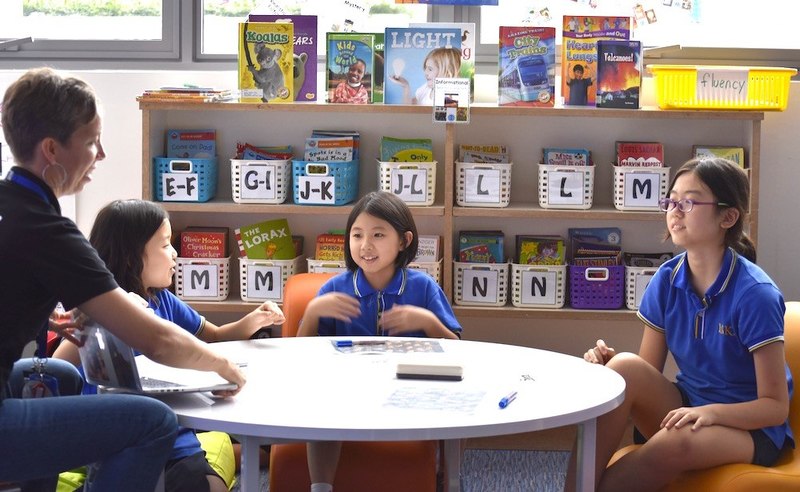With the number of international schools continuing to expand, combined with a strong trend among parents to provide their children with an English-based education that follows international curricula, Southeast Asia is now a major region for international education. Options for both local and expatriate families are increasing as demand grows, especially in Malaysia and Thailand.

According to the latest Market Intelligence Reports by ISC Research, international school enrollment In Malaysia has increased by 61.2 per cent in the last five years to over 100,000 children. There are now 280 English language international schools throughout the country, with 43 international schools in Kuala Lumpur and many more in the surrounding districts of the city. ISC Research says 16 new international schools are due to open across Malaysia in the next few years. Already, Malaysia has the largest international schools market in Southeast Asia and the fifth largest in the world.
Most of this development is focused within the mid-price sector of schools, which are particularly popular with Malaysian families. Yet the number of premium-priced schools also continues to grow, with several independent school brands from Britain planning international campuses in the country.
In Thailand, there are now 205 English-medium international schools teaching over 72,800 students between the ages of three and 18. Field studies conducted by ISC Research suggest that some families in the city visit up to 20 schools before making a final choice. With 49 premium international schools out of a total 118 in the city, Bangkok is positioned as one of the top five cities in the world for quality international schooling alongside Dubai, Shanghai, Beijing, and Tokyo.

Throughout Thailand, the international schools market has also grown steadily over the last five years. Today, 46 percent of all students attending Thailand’s international schools are Thai nationals. There is growth from Asian expatriate families too, particularly those from China, India, South Korea, and Japan. A student demographic decline is noted among Western expatriate families, many of which have been relocated or repatriated.
Thailand is also seeing an uptick in premium schools, including some associated with independent school brands. The prestigious British independent school King’s College Wimbledon recently announced it would open a new school in Bangkok in 2020.
In both Thailand and Malaysia, as well as in Singapore, a new market shift is taking place. A growing number of Chinese families are purchasing second properties in leading Southeast Asian cities—including Kuala Lumpur, Bangkok, and Singapore—to gain access to affordable, accessible international school education for their children.
Not only are the international school fees in these cities lower than those in their home country, the international schools in Southeast Asia are not as heavily regulated as they are in China. This means that Chinese children abroad are able to access full international education from Kindergarten to Grade 12.
While the cost and restrictions on international education in China remain high, it is likely that this education mobility trend will continue, if not expand.
Information in this article is summarised from ISC Research’s Malaysia Market Intelligence Report 2018 – 2019 and an article in The International Educator, “Developments in Thailand and Malaysia in the international School Market,” by Anne Keeling.
www.iscresearch.com https://www.tieonline.com
This article is originally from paper. Read NOW!Jakarta Magazine May 2019 issue “Kids, Family, and Education”. Available at selected bookstore or SUBSCRIBE here.







